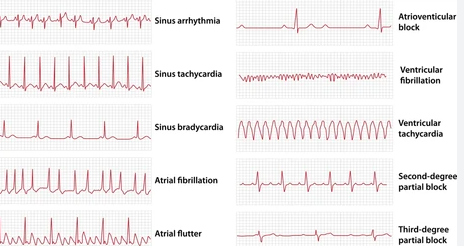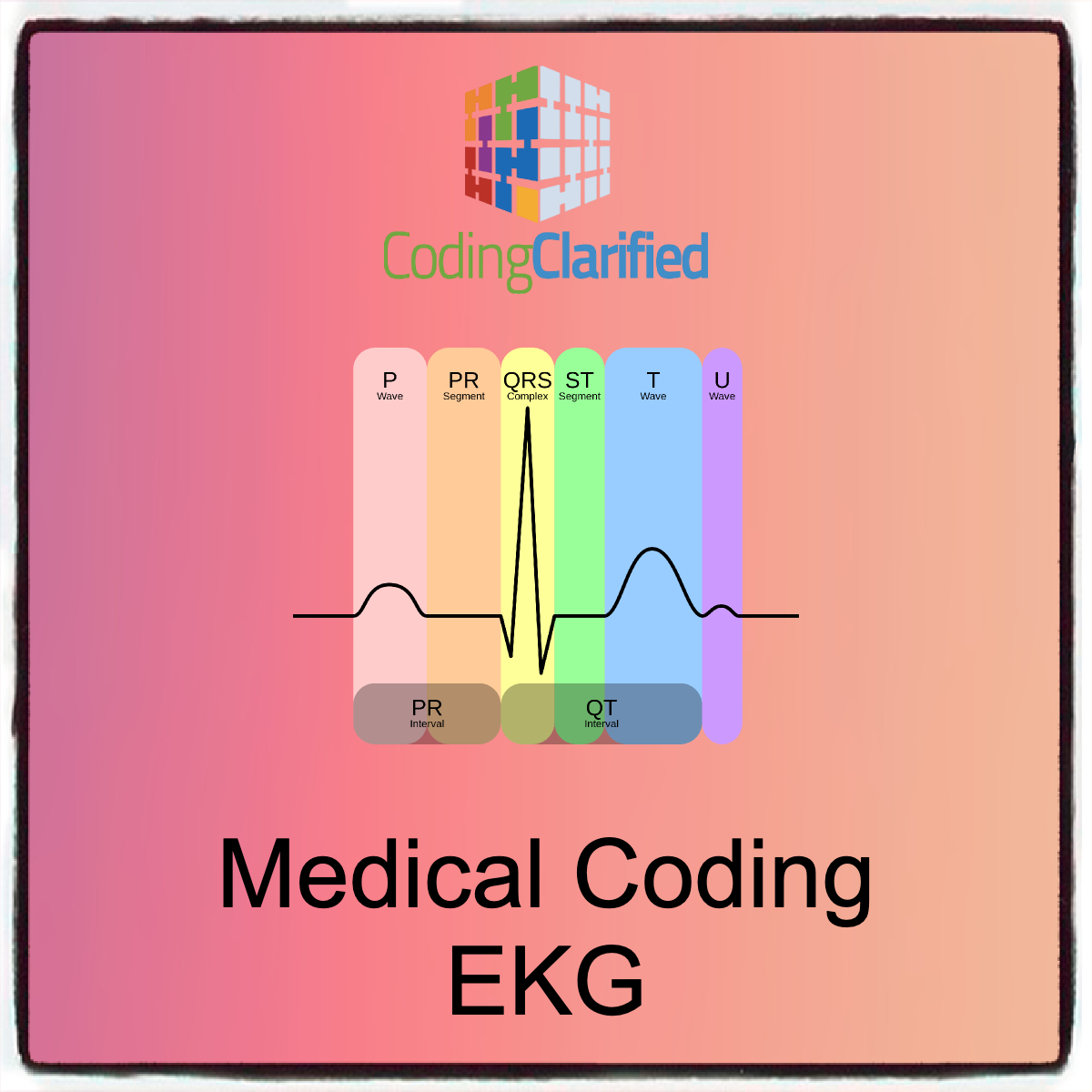Medical Coding & Billing for EKGs: Guidelines and Tips
Electrocardiograms (EKGs or ECGs) are vital diagnostic tools used to assess the electrical activity of the heart. Whether performed for routine screenings, pre-operative evaluations, or cardiac symptom assessment, medical coding for EKG services must be accurately documented, coded, and billed to ensure proper reimbursement and compliance. This blog outlines key CPT, ICD-10-CM, and billing best practices for EKG coding.
Understanding EKG Procedures and Documentation
An EKG involves attaching electrodes to the patient’s chest, arms, and legs to detect heart rhythms. Depending on the clinical context, EKGs may be:
-
Diagnostic
-
Screening/Preventive
-
Preoperative or pre-procedure
-
Part of routine monitoring for chronic conditions
Proper coding depends on who performed, interpreted, and reported the test.
CPT Coding for EKG Services
Common EKG CPT Codes:
| CPT Code | Description |
|---|---|
| 93000 | EKG with tracing, interpretation, and report (global service) |
| 93005 | EKG tracing only, without interpretation/report |
| 93010 | EKG interpretation and report only, no tracing |
Use 93000 if the provider performs both the technical (tracing) and professional (interpretation) components.
Use 93005 for facilities sending the EKG for interpretation elsewhere.
Use 93010 if only reading/reporting the EKG remotely or after it’s performed by someone else.
ICD-10-CM Diagnosis Coding for EKGs
The diagnosis should reflect the reason for the test. Accurate linkage between the diagnosis and EKG is critical for reimbursement.
Common ICD-10-CM Codes:
| ICD-10 Code | Description |
|---|---|
| I48.91 | Unspecified atrial fibrillation |
| R00.0 | Tachycardia, unspecified |
| R00.1 | Bradycardia, unspecified |
| R07.89 | Other chest pain |
| I10 | Essential hypertension |
| Z01.810 | Encounter for preprocedural cardiovascular examination |
| Z13.6 | Encounter for screening for cardiovascular disorders |
Avoid using vague or unrelated codes like Z00.00 (general exam without abnormal findings) unless truly appropriate.
Modifier Use for EKG Services
Modifiers may be necessary in certain billing scenarios:
-
-26 (Professional component): Use with 93010 if billing only for the interpretation.
-
-TC (Technical component): Use with 93005 if billing only for performing the test.
-
-59: May be used if EKG is bundled with another service and needs to be unbundled with proper justification.
-
-25: Attach to E/M code if a separate E/M service is performed on the same day.
CPT Modifiers https://codingclarified.com/cpt-medical-modifiers/
Billing and Reimbursement Tips
-
Medicare and commercial payers may bundle EKGs with E/M services or procedures, especially during routine visits. Justify medical necessity in documentation.
-
If billing EKG with E/M, ensure the interpretation is separate and documented to prevent denials.
-
Do not bill 93000 + 93010 or 93005 together — choose the appropriate one based on what services were provided.
Documentation Requirements
For EKG coding and billing to be valid, documentation must include:
-
Reason for the test (signs, symptoms, diagnosis)
-
Date/time of the EKG
-
Interpretation and report by a qualified provider
-
Medical necessity clearly stated (e.g., chest pain, arrhythmia evaluation, hypertension)
Common Coding Errors to Avoid
-
Upcoding by using 93000 when only the tracing or reading was performed
-
Billing EKG as screening (Z-code) when it’s done for symptoms (e.g., chest pain)
-
Missing documentation of provider’s interpretation and report
-
Failing to append appropriate modifiers when components are split
Medical Coding Bundling and Upcoding https://codingclarified.com/medical-coding-bundling-and-upcoding-guidelines/
EKG coding may seem routine, but it’s subject to strict scrutiny by payers. Accurate selection of CPT codes, appropriate use of ICD-10-CM codes, and clear documentation ensure compliance, reduce denials, and maximize reimbursement.
AAPC EKG Conundrums https://www.aapc.com/blog/88518-ekg-coding-conundrums/?srsltid=AfmBOop-0DyzHSWi-3DfzQVRi1C4pg5NW0b6w_cWkpRaeXhmf8z2k6Qa


